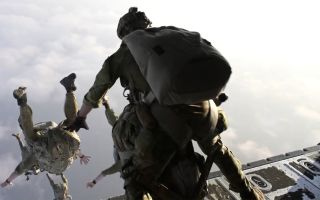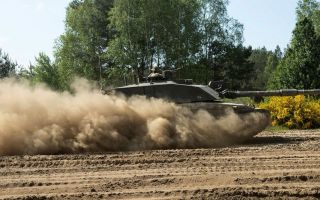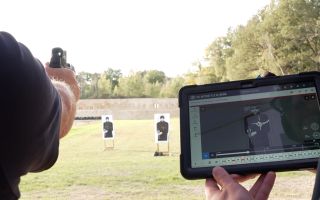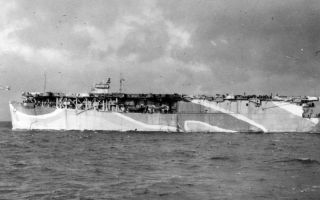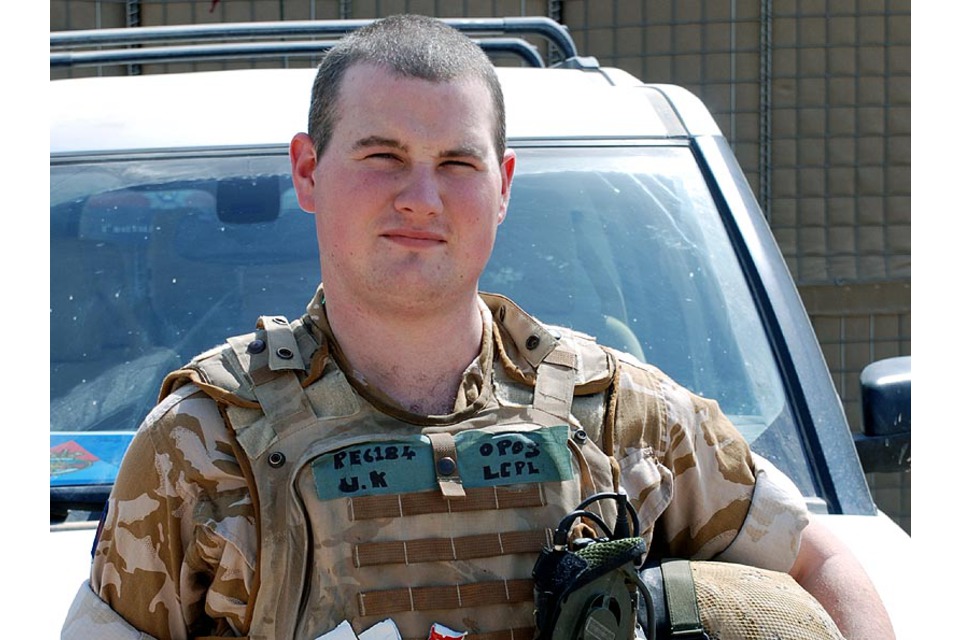
Father Of Soldier Killed In Iraq Slams Compensation Proposals

The father of a soldier killed by a roadside bomb in Iraq has criticised Government proposals to reduce legal protections for British troops.
New plans would prevent service personnel from suing the Ministry of Defence for negligence, leaving decisions about compensation to an MoD-appointed assessor.
Colin Redpath, who fought for five years to sue the MoD over the death of his son, Lance Corporal Kirk Redpath (pictured above), said the proposals were unfair on servicemen and women.
L/Cpl Redpath, 22, died when a bomb exploded next to his poorly-armoured Snatch Land Rover in Iraq in August 2007.
He was among 37 service personnel killed in the lightly-armoured vehicles in Afghanistan and Iraq, according to reports.
His father told the BBC Radio 4 Today programme: "At the end of the day they (the MoD) are an employer.
"The fire brigade, the police, the ambulance service, they all have to go out with equipment that works. And the right equipment. That should be the same for a soldier.
"If not, then what the MoD are saying is that we could send our boys and girls out with broomsticks. It wouldn't matter. There's no comeback."
The MoD plans, which are currently being consulted on, would also include a "no fault" compensation scheme for injured troops and family members of those killed.
Last year, the Chilcot Inquiry found a string of MoD failings in the preparation for the Iraq War, including a delay in replacing the lightly-armoured Snatch Land Rovers which are vulnerable to bombs.
Defence Secretary Sir Michael Fallon said the changes would "remove the stress of lengthy legal action" and ensure more money for compensation.
"Our armed forces put their lives on the line to keep us safe. This new scheme will mean more generous payments to anyone injured - or the families of those who are killed - in combat.
"By making these changes we will put more money into compensation and remove the stress of lengthy legal action."
An MoD spokesman said: "This is about better compensation and, regardless of legal action, we already prioritise learning lessons from any incidents involving the safety of our personnel.
"Where there have been serious injuries or fatalities, we have robust systems and processes in place that allow us to record and investigate these accordingly and, in the unfortunate case of a death, the requirement for an independent inquest to determine the cause will of course remain."
Lawyer Jocelyn Cockburn, of law firm Hodge Jones & Allen, who has represented the families of some of the service personnel killed in Snatch Land Rovers, believes the proposals focus on the compensation rather than the protections that will be removed from soldiers.
She said: "The consultation proposes an extension to 'combat immunity' to cover all deaths and injuries in combat, even where the failings occurred far from the battlefield. The impact, and possibly the intention, of this change is to protect the MoD from scrutiny by the courts regarding equipment failures.
"If the MoD are immune from legal action, there is a real risk that safety standards will fall. During the course of the Snatch Land Rover litigation the Government tried to persuade the court not to impose any duty on the MoD to protect its troops. This argument failed and was patently unreasonable. Parliament should give any such Bill short shrift.
"It is telling that the first step by the MoD in response to the highly critical Chilcot Report isn't to introduce new measures to protect soldiers, but instead measures to remove their own duty to operate a 'safe system of work' where our troops are deployed. It is a shameful response."
Ms Cockburn said those involved in cases against the MoD "know only too well" that the MoD has "a very closed attitude to admitting mistakes and do not take well to scrutiny of any type".
MORE: Government Defends Handling Of Axed Iraq War Veterans Inquiry


